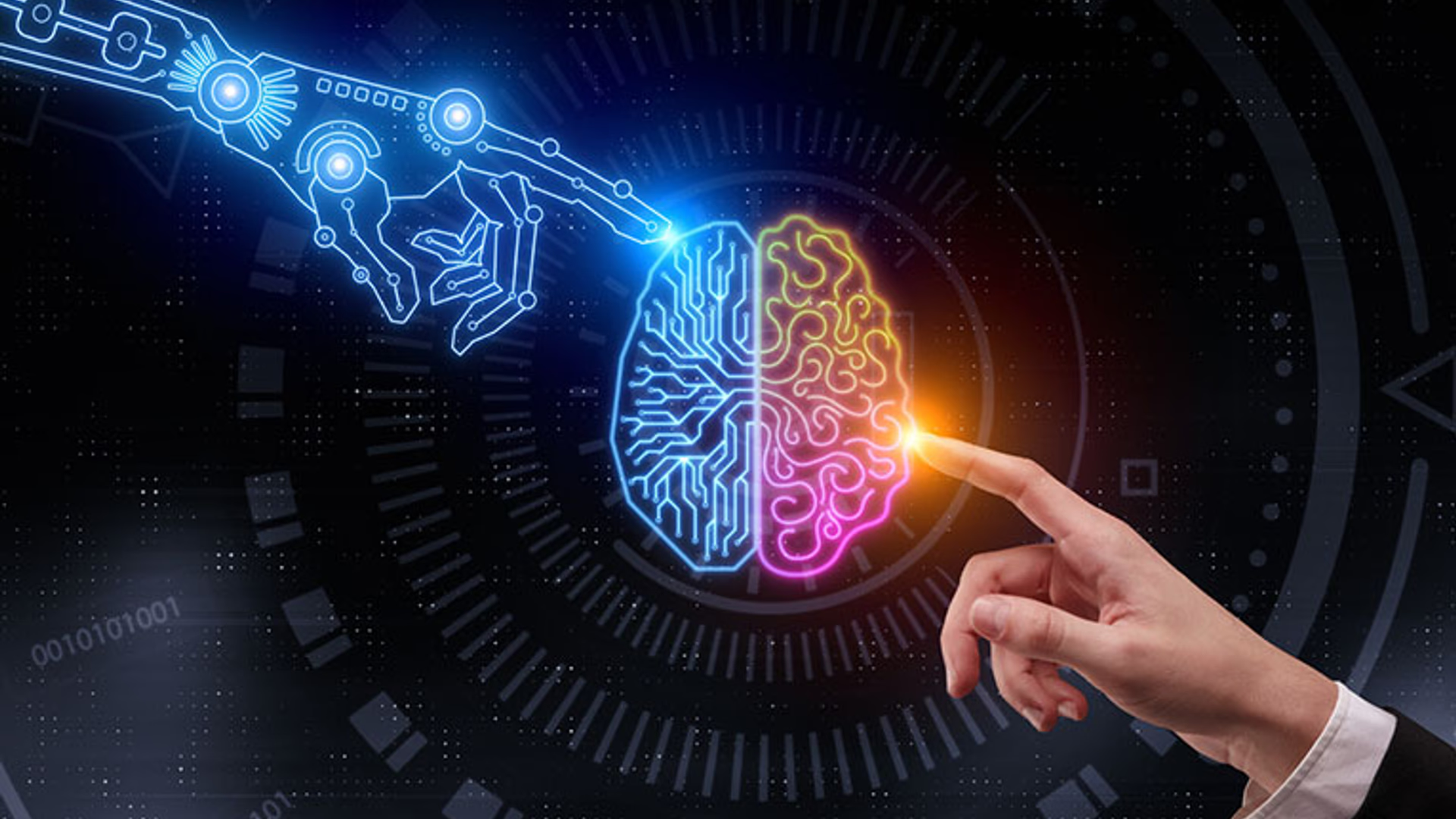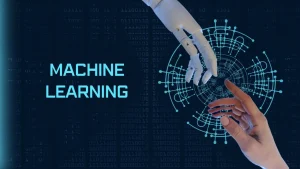Artificial Intelligence (AI) is no longer a concept of science fiction it is the defining technology of the 21st century. From self-driving cars and smart assistants to advanced data analytics and creative tools, AI is transforming every aspect of modern life. But as AI continues to evolve, its long-term impact on humanity raises important questions about the future of civilization, ethics, and human identity.
Table of Contents
The Evolution of Artificial Intelligence
The idea of intelligent machines dates back to the mid-20th century, when pioneers like Alan Turing and John McCarthy began exploring the possibility of computers that could think. Fast forward to today, and AI has become an integral part of global innovation.
Early AI systems were rule-based following strict, programmed instructions. Modern AI, powered by machine learning (ML) and deep learning (DL), learns from massive amounts of data, enabling machines to make decisions, recognize patterns, and even predict future outcomes.
How AI Is Changing the Modern World
1. Transforming Industries
AI is driving the next industrial revolution. In healthcare, it helps detect diseases faster and more accurately. In finance, AI algorithms prevent fraud and enhance decision-making. In agriculture, AI-powered drones and sensors improve crop yield and resource management.
According to McKinsey & Company, AI could add $13 trillion to the global economy by 2030, revolutionizing industries worldwide.
2. Revolutionizing Communication and Creativity
Natural Language Processing (NLP) the technology behind tools like ChatGPT has changed the way humans interact with machines. AI systems can now generate text, art, and music, expanding the boundaries of human creativity.
Platforms such as DALL·E and Midjourney demonstrate how AI is blending technology and artistry, allowing anyone to create professional-level visuals and content in seconds.
3. Enhancing Decision-Making and Productivity
AI tools analyze massive datasets that humans could never process manually. Businesses use AI-driven insights to optimize marketing, logistics, and resource allocation. For individuals, smart assistants like Siri, Google Assistant, and Alexa simplify daily tasks, making technology more personal and efficient.
The Ethical and Social Implications of Artificial Intelligence
As AI grows more powerful, ethical challenges arise. Who controls AI systems? How do we prevent bias and misuse?
Bias and Fairness
AI models learn from data and data often reflect existing societal biases. If not properly managed, AI can unintentionally perpetuate discrimination in areas like hiring, lending, and law enforcement. Organizations such as the OECD AI Policy Observatory emphasize the importance of transparency and accountability in AI design.
Job Displacement vs. Job Creation
Automation powered by AI could replace millions of jobs particularly repetitive and manual tasks. However, it also creates new opportunities in AI engineering, ethics, data science, and creative industries. The key challenge is preparing the workforce through reskilling and digital education.
Privacy and Surveillance
AI’s ability to analyze vast amounts of personal data has led to increased surveillance and privacy concerns. Balancing innovation with individual rights is one of the major challenges of the AI era.
The Future of Human-AI Collaboration
Instead of viewing AI as a competitor, many experts see it as a collaborative partner that can augment human potential. In medicine, AI assists doctors in diagnosing complex diseases. In education, it offers personalized learning experiences. In creative fields, it helps artists and writers amplify their imagination.
According to Stanford University’s AI Index Report, the next decade will witness rapid expansion of human-AI symbiosis, where machines handle complex data and humans focus on empathy, strategy, and innovation.
The Promise and Risks Ahead
The promise of AI lies in its potential to solve humanity’s grand challenges climate change, disease, poverty, and energy crises. But unchecked development could lead to job inequality, misinformation, and ethical misuse.
This is why leading institutions like the United Nations and World Economic Forum advocate for Responsible AI, emphasizing fairness, transparency, and human oversight.
How Artificial Intelligence Will Reshape Civilization
- Smarter Cities — AI-driven systems will optimize energy, traffic, and waste management.
- Advanced Healthcare — Predictive Artificial Intelligence will make personalized medicine a reality.
- AI in Governance — Governments will use Artificial Intelligence for decision-making, policy analysis, and crisis response.
- Cognitive Companions — AI systems will evolve from tools to emotional and intellectual partners, enhancing human well-being.
Conclusion
The future of Artificial Intelligence is not just about smarter machines it’s about building a smarter civilization. As AI continues to evolve, humanity must ensure that this technology remains aligned with ethical values, human rights, and collective progress.
In the end, AI’s destiny and ours depends on how wisely we choose to use it. The goal should not be to make machines more human, but to make humanity more capable, compassionate, and connected through technology.
Also Check Cybersecurity for Small Businesses – Safe on Budget – 2025





1 thought on “Future of Artificial Intelligence – Powerful Guide – 2025”